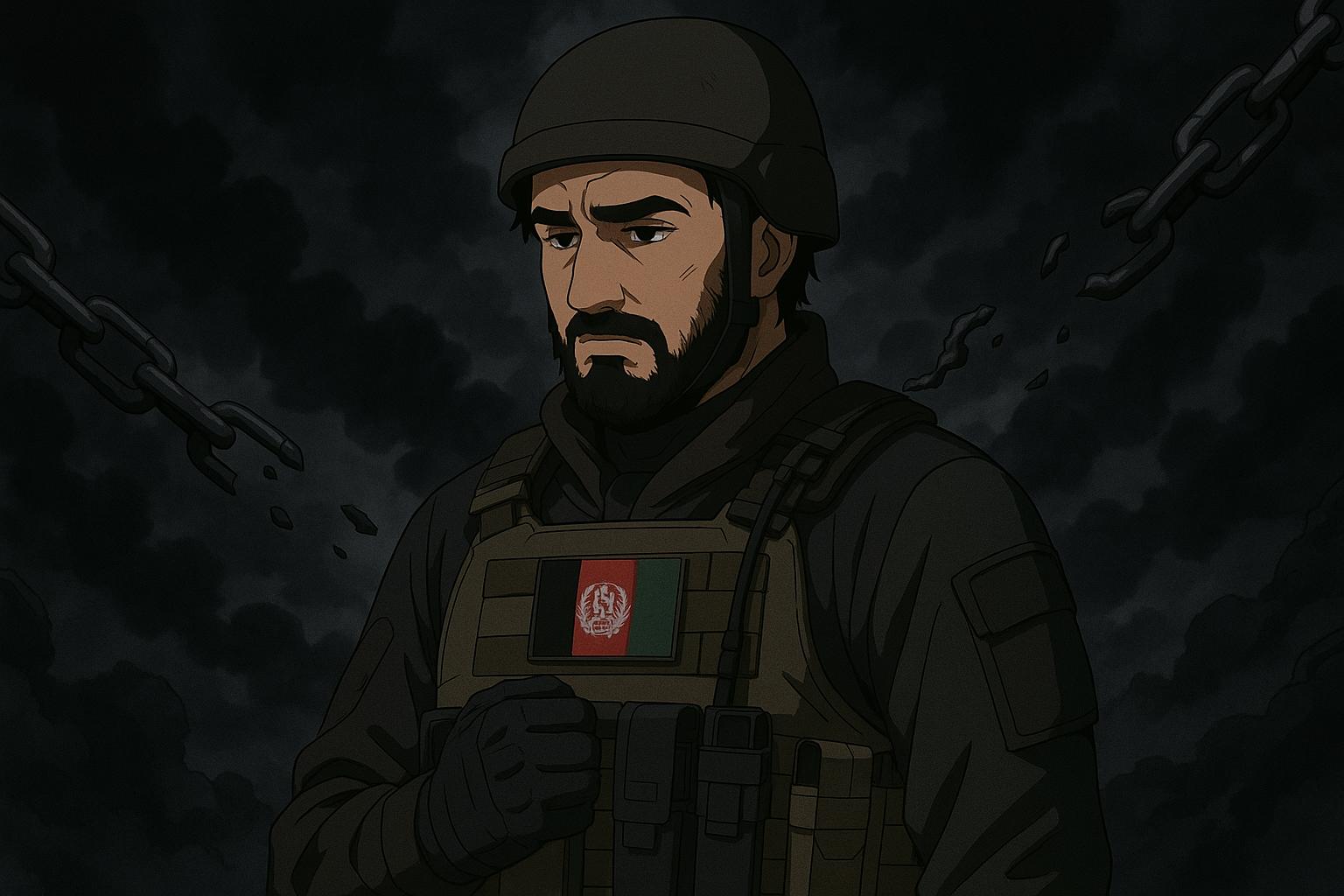In a troubling development surrounding the asylum applications of Afghan commandos, a Special Forces officer is reported to have rejected requests from 1,585 soldiers who potentially witnessed war crimes committed by British troops. These commandos, known as the "Triples," served alongside UK forces and now find themselves at grave risk from the Taliban, which has been systematically targeting those who cooperated with foreign militaries since the fall of the Afghan government in August 2021. Some of these soldiers have already paid the ultimate price, killed in the ongoing reprisals following the regime change.
The rejections occurred in 2023, coinciding with the initiation of a High Court inquiry examining allegations that British Special Air Service (SAS) units operated a "shoot-to-kill" policy, resulting in the extrajudicial killings of over 80 men during night raids in Afghanistan between 2010 and 2013. Crucially, the Triples participated in these operations, raising serious concerns about why their applications for asylum were dismissed. It appears that the officer's decisions may have been influenced by a desire to prevent these servicemen from testifying against UK troops.
Former veterans minister Johnny Mercer expressed his outrage at the government's handling of the situation, stating that it appears to involve a “criminal negligence” that has led to the deaths of these men. In his statements, Mercer recounted a heated exchange with a senior civil servant from the UK Special Forces who dismissed the claims about these decisions as offensive or incompetent. He maintained that these Afghan soldiers deserve protection given their service alongside British troops.
This unfolding scenario has drawn deeper scrutiny towards the Ministry of Defence (MoD), which initially insisted that there was no blanket policy obstructing the Triples' resettlement. However, during the inquiry, the MoD's legal representatives were compelled to acknowledge the existence of such a policy, suggesting a significant contradiction in the government's stance. Observers fear that the Special Forces' ability to veto resettlement applications raises grave concerns regarding a conflict of interest, particularly amidst ongoing investigations into alleged British war crimes in Afghanistan.
Compounding the issue, there are reports of a wider, potentially unlawful, secret policy initiated by the Home Office that blocked asylum visas for Afghans, including many affiliated with UK operations. This undisclosed decision, stemming from accommodation shortages, resulted in the stalling of around 600 applications by early 2023. The Home Office has since resumed processing visas, but the criticism it faced over its handling of Afghan refugees has left many questioning the integrity and transparency of the actions taken by UK authorities.
As the judicial inquiry into SAS practices continues, the fate of the Triples remains uncertain. With many still in hiding, vulnerable to Taliban reprisals, the situation underscores the urgent need for accountability and a reevaluation of how the UK assists those who risked their lives for its military mission in Afghanistan. The plight of these soldiers is not merely a matter of asylum; it raises fundamental questions about the ethics and responsibilities of nations towards their allies in times of conflict.
Ultimately, the inquiry's findings, expected later this year, may provide critical insights into the official actions that have put these Afghan commandos in such peril, sparking wider discussions about justice, accountability, and the moral obligations owed to those who have risked everything in support of foreign military efforts.
Reference Map:
- Paragraph 1 – [1], [2]
- Paragraph 2 – [1], [3], [7]
- Paragraph 3 – [2], [6]
- Paragraph 4 – [4], [5]
- Paragraph 5 – [1], [6]
Source: Noah Wire Services
